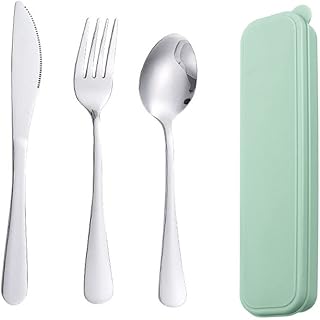Queensland has taken a significant step forward in the battle against single-use plastics by introducing a new plastic bill into parliament. This move has propelled Queensland to the top spot on WWF-Australia’s single-use plastics scorecard for 2020. The state’s plan includes banning plastic cutlery, straws, and single-use plates from sale starting next year. Additionally, Queensland aims to enforce stricter controls on takeaway coffee cups and heavy-weight plastic shopping bags.
Katinka Day, WWF-Australia’s No Plastics in Nature Policy Manager, commended Queensland for its proactive approach in addressing the issue of plastic pollution. She emphasized the detrimental impact of single-use plastics on the environment, highlighting how items like straws and utensils often end up in landfills or oceans for hundreds of years.
The Australian Capital Territory and South Australia secured the second position on the scorecard, both having introduced new legislation targeting single-use plastics. The ACT immediately banned plastic utensils, stirrers, and expanded polystyrene containers, with further restrictions on items like plastic produce bags and straws set for implementation in the coming year. South Australia, on the other hand, is on the verge of passing legislation to ban plastic straws, stirrers, and utensils.
New South Wales made progress by moving up the scorecard to the fifth spot after committing to banning single-use plastic bags. This initiative is estimated to prevent millions of bags from being littered annually. Meanwhile, Victoria, Tasmania, and the Northern Territory found themselves at the bottom of the scorecard for their limited progress in addressing single-use plastics, despite Victoria’s efforts to combat beverage litter through a cash-for-cans and bottles scheme.
Ms. Day urged the lagging states to take decisive action in banning harmful single-use plastic items like straws, utensils, and plates. She emphasized the importance of government leadership in phasing out unnecessary plastics that have sustainable alternatives available. The plastics scorecard serves as a tool to ignite conversations and prompt policymakers to prioritize environmental sustainability in their decision-making.
As the world grapples with the aftermath of the COVID-19 pandemic, the impact of plastic pollution on the environment remains a pressing concern. While acknowledging the necessity of some single-use plastics during the health crisis, there is a call for a concerted effort to reduce unnecessary plastic waste. With millions of tons of plastic entering oceans annually, there is a critical need for collective action to safeguard marine ecosystems and wildlife from the devastating effects of plastic pollution.
The push to phase out the ten worst single-use plastics is gaining momentum, urging individuals to show their support for these initiatives. The global movement towards a plastic-free ocean underscores the importance of sustainable practices and policies to protect the planet’s delicate ecosystems. As various regions strive to curb plastic pollution, collaborative efforts are essential to create a cleaner, greener future for generations to come.
📰 Related Articles
- Young Talent Shines at 2025 Equisk Queensland Dressage Championships
- Victorian Horses Ready to Shine at Constellations Carnival in Queensland
- Unveiling the Thrills of Harness Racing in Queensland
- University of Queensland Researchers Make Breakthrough in Bladder Cancer Immunotherapy
- Tropical Cyclone Alfred Threatens South-East Queensland and North-East NSW






